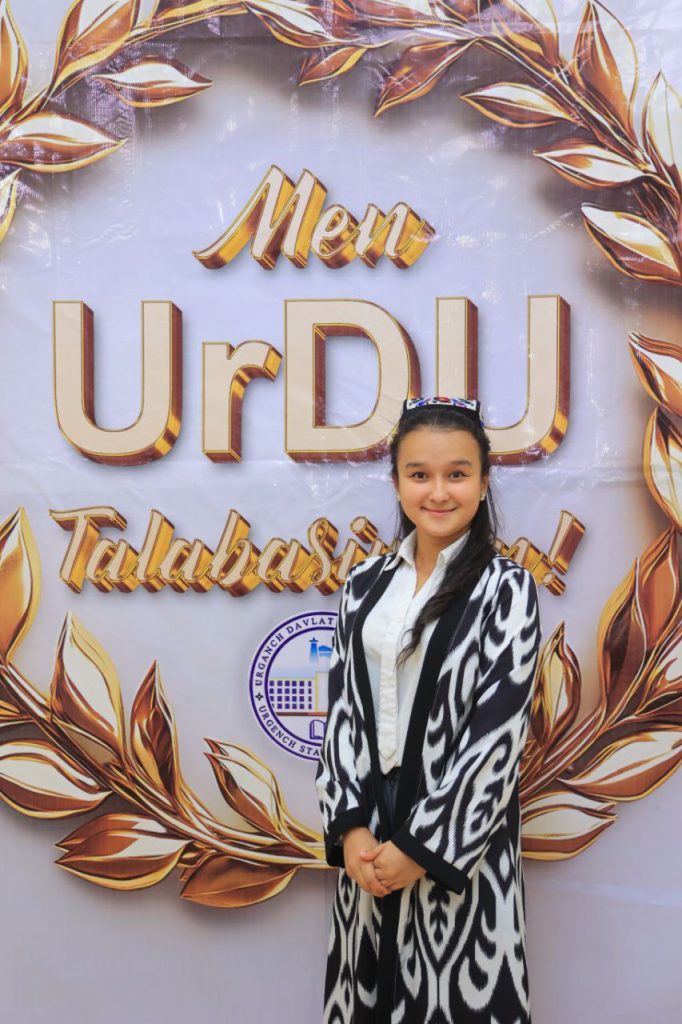
Globalization and National Identity: The Choice of the New Generation
In the modern world, the word globalization is no longer an abstract concept. It is the reality in which we live, study, and dream about our future. Borders between nations are gradually becoming symbolic, communication technologies connect people from different continents in a matter of seconds, and cultures are interacting faster than ever before. For today’s youth, globalization offers a wide field of opportunities: access to education abroad, cooperation in science and business, cultural exchange, and broader horizons for personal development.
Yet, behind these opportunities lies a serious question: what will happen to our national identity? When global trends dominate social life, there is a danger that unique traditions, languages, and customs may lose their value in the eyes of the younger generation. A young person may easily adopt international fashion, foreign languages, and global lifestyles, while sometimes forgetting the songs, proverbs, or traditions that shaped their own nation’s spirit for centuries. This creates a paradox of the 21st century: while the world is becoming closer, it risks becoming more uniform and less diverse.
However, globalization does not have to be the enemy of national identity. Instead, it can be an opportunity to present one’s culture on the international stage. Youth who learn to speak foreign languages, master modern technologies, and travel the world can also become ambassadors of their traditions. They can introduce their national literature, music, and art to foreign audiences. In this way, globalization becomes not the loss, but the expansion of national identity.
The new generation has the ability to integrate into the global society while keeping the roots of their homeland strong and alive. The choice, therefore, lies in the hands of young people. Do they want to become passive consumers of foreign culture, or active protectors and promoters of their own? Will they let globalization wash away their uniqueness, or will they use it as a bridge to tell the world who they are? This is not just a personal choice; it is a historical responsibility.
In conclusion, globalization is not a force to resist, but a process to manage wisely. The new generation must build a balance: to accept global values like cooperation, innovation, and tolerance, while at the same time preserving the priceless wealth of national identity. Only then can they ensure that the future world is not a monotonous place, but a colorful mosaic of cultures, where every nation’s voice is heard and respected.
Dildora Khujyazova (born in 2005) is from Khorezm region, Uzbekistan. She is currently studying Geography at Urgench State University. Dildora is passionate about writing, journalism, and research, and she has authored several scientific articles. She actively promotes honesty, cultural dialogue, and youth engagement in her community. Her aspiration is to study abroad and represent her country through both academic and creative achievements on the international stage.
